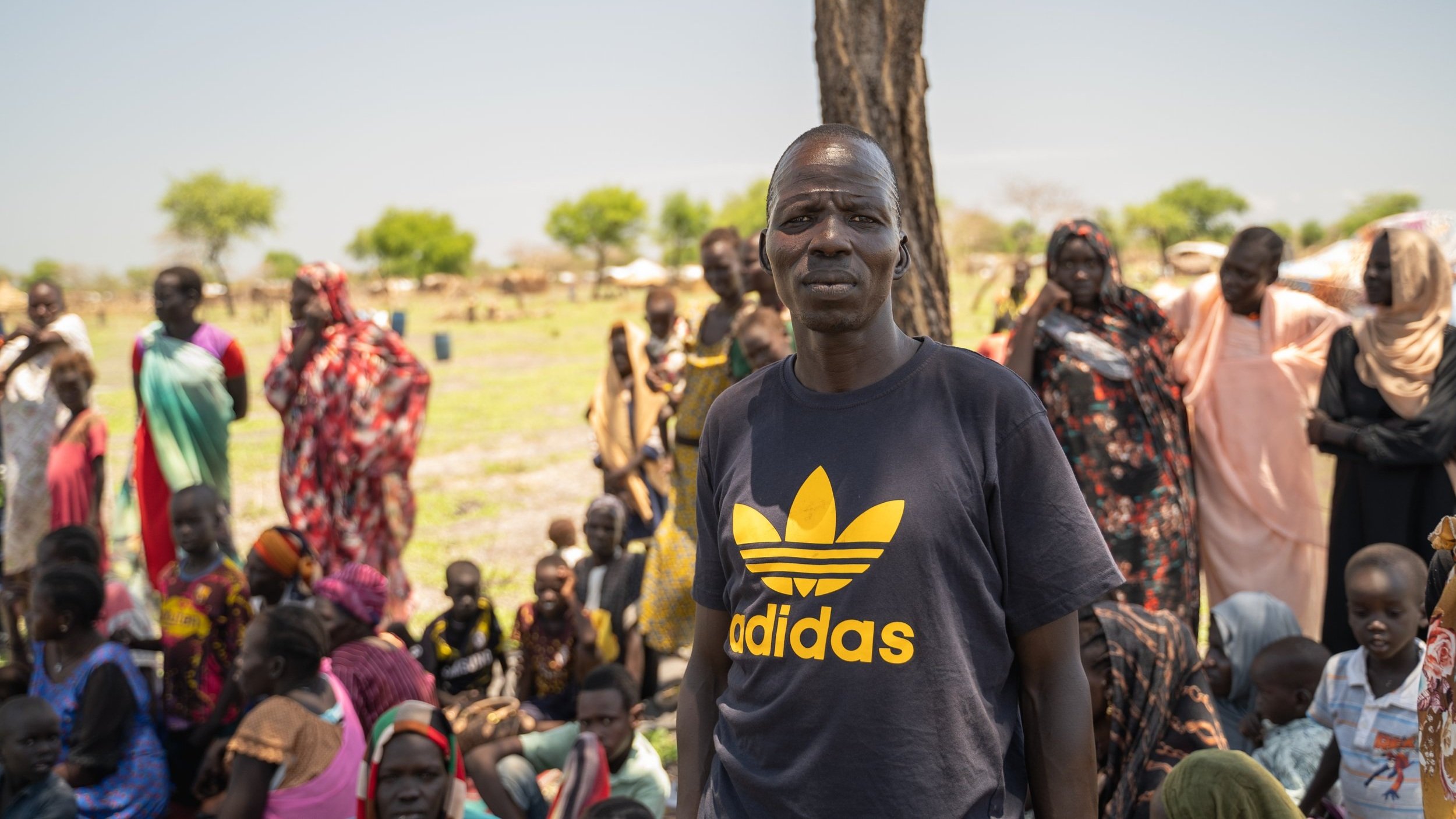Communication, community engagement and accountability in Sudan’s regional response
Outcomes of the high-level meeting to discuss elevating collective CCEA in the regional Sudan conflict response
Nearly six months into the current crisis in Sudan – the intensity and scale of which Sudan has never experienced before – the effectiveness of the response is being undermined by critical gaps in communication, information, community engagement and investment in local and diaspora humanitarian action.
On 27 September 2023, a multi-agency roundtable was convened with nearly 60 operational leaders, key partners and decision-makers from UN agencies, national and international NGOs, the Red Cross/Red Crescent Movement, local, country, regional and global networks, media agencies and academia. It was co-convened with UN coordination structures, the Sudan INGO Forum, ARISE partners and CDAC Network members, as part of a project funded by the H2H Network’s H2H Fund, which is supported by UK Aid from the UK government.
This outcomes summary focuses on two priority areas: strengthening collective CCEA and increasing investment in CCEA led by diverse and local response actors.
Key takeaways
Despite the strides made towards strengthening two-way communication and dialogue in the regional response to the Sudan crisis, there remain critical gaps inhibiting the effectiveness of collective efforts.
The Humanitarian Response Plan and the Regional Refugee Response Plan should allocate time, priority and resources to communication and engagement approaches which ensure investment in key communication, community engagement and accountability (CCEA) activities. This should include integrated CCEA activities in sectoral interventions and those led by local and diaspora humanitarian action.
The information and engagement ecosystem is in constant flux in Sudan and neighbouring countries and maintaining a solid communications base requires a range of skills and analysis. As a priority for protection, forward planning must consider the skills needed.




